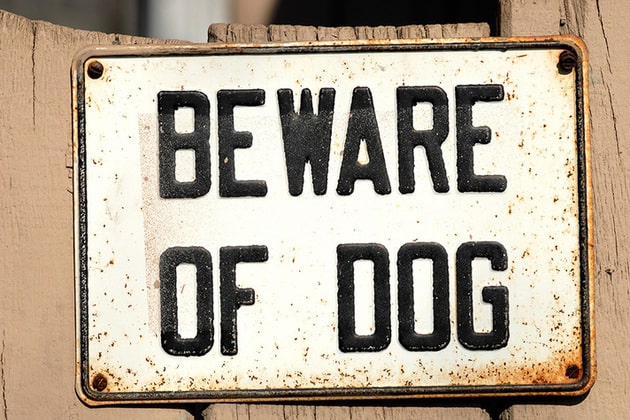New Legislation and Dog Control Orders

Dog Control Order & Community Protection Notices
Tough new legal powers to help prevent thousands of dog attacks every year will be given to police forces and local authorities from Monday 20 October. These will be called Community Protection Notices. They replaces and updates Dog Control Orders which were already being called Dog ASBOS.Dog Control Orders
Local councils in England and Wales can issue Dog Control Orders (DCOs). These mean that in public areas with DCOs, you may have to: keep your dog on a lead put your dog on a lead if told to by a police officer, police community support officer or someone from the council stop your dog going in certain places – like farmland or parts of a park limit the number of dogs you have with you (this applies to professional dog walkers too)- clear up after your dog
DCOs don’t apply to private land if you have permission from the land owner or person who controls the land.
Penalties
If you ignore a DCO, you can be fined:- £50 on the spot (a ‘Fixed Penalty Notice’)
- up to £1,000 if it goes to court
DCOs in your area
Local councils must let the public know where DCOs are in place.
Example If dogs aren’t allowed in a park, there must be signs saying so.
If the council plans to put a new DCO in place, it must put up a notice and publish it in a local newspaper and on its website.
The notice must tell you:
- where the new DCO will apply
- if there’s a map and where you can see it
- where you can write or email to have your say – you should have at least 28 days






